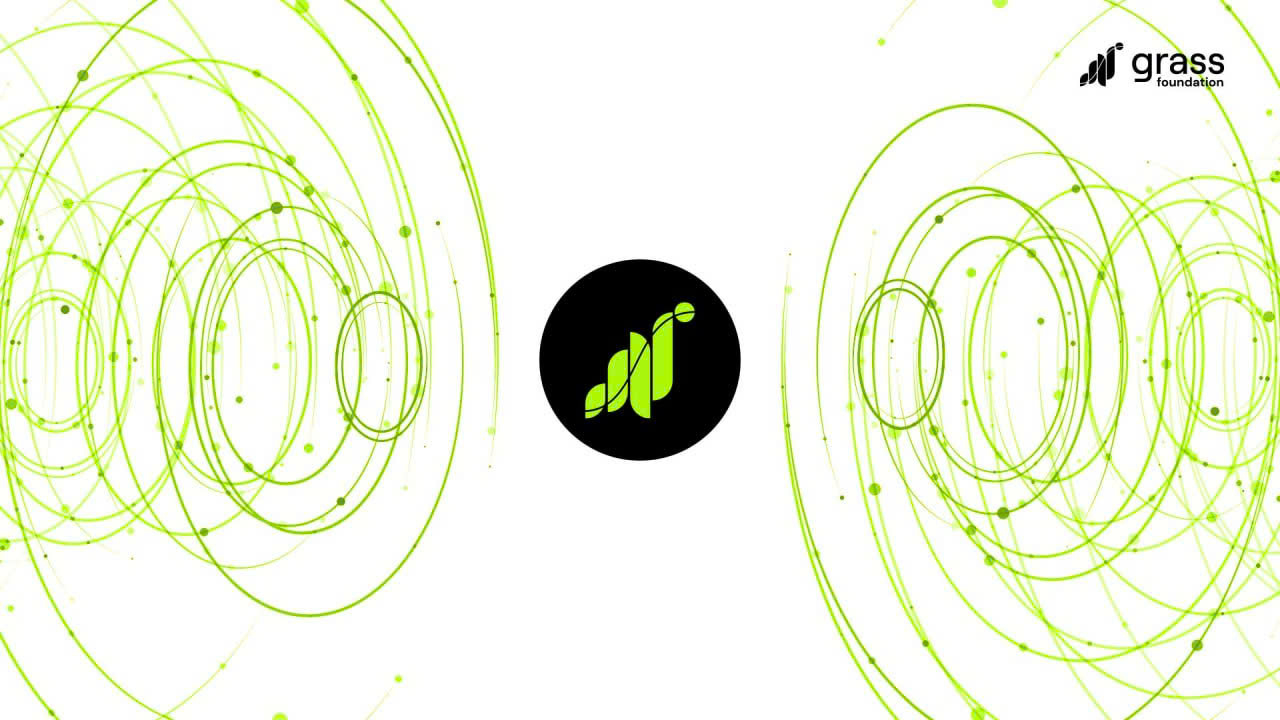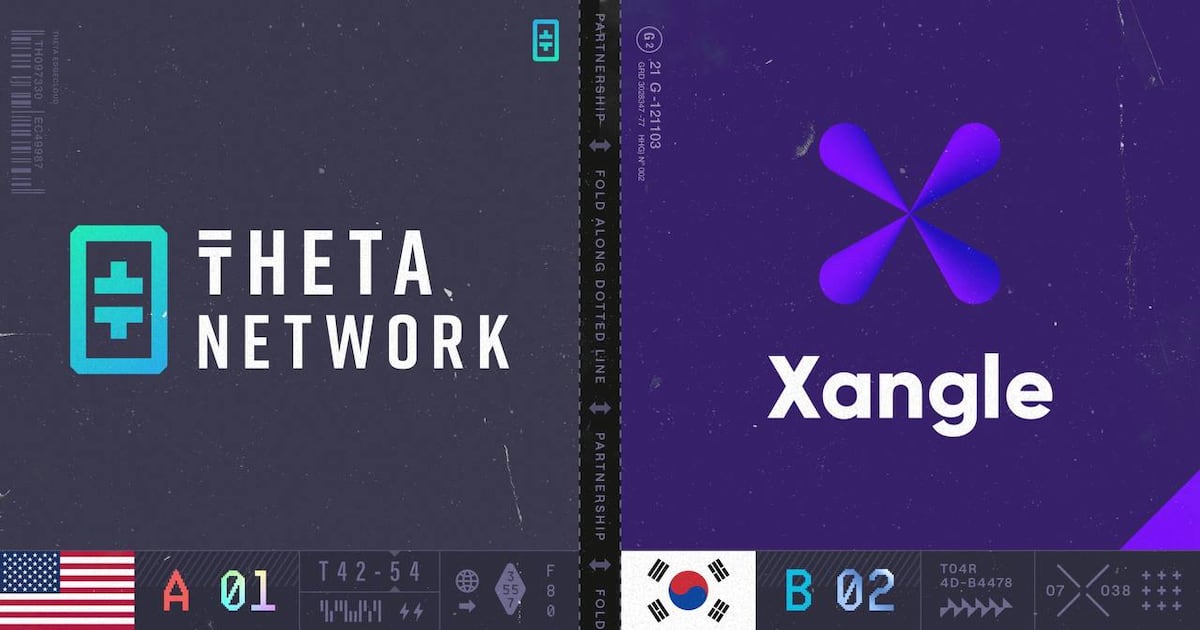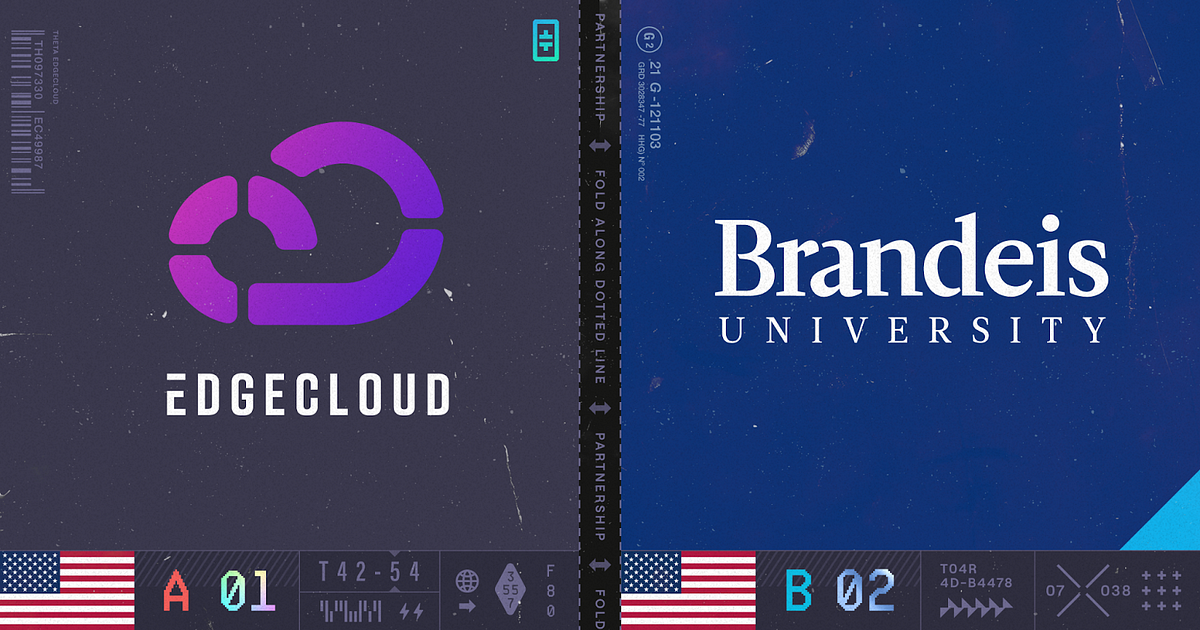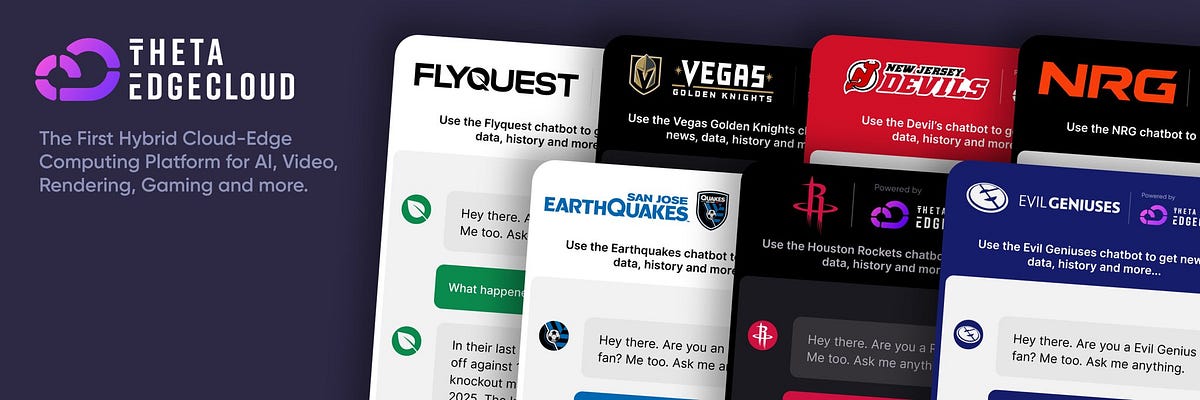Grass: A New DePIN Project on Solana for Earning Passive Income

Grass is an innovative decentralized physical infrastructure network (DePIN) project built on the Solana blockchain. It allows users to share their idle internet bandwidth, enabling them to earn passive income while contributing to AI training companies. Participants receive Grass Points, which will later be used as criteria for airdrop distributions. The project aims to transform unstructured web data into structured datasets through its two main components: Grass nodes and Sovereign Data Rollup, which work together to facilitate data sourcing and transformation.
The Grass project has successfully raised $4.5 million through two funding rounds, with notable investors including Polychain Capital and Tribe Capital. The development team remains largely anonymous, with Andrej Radonjic, co-founder of Wynd Network, being the only member to disclose his identity. Grass is also partnering with Solana Phone – Saga to integrate its application into mobile devices, as well as Alignment Lab AI, which focuses on developing large language models. This collaboration is expected to enhance the project’s capabilities and reach.
To participate in the upcoming airdrop, users must register as bandwidth providers and follow a series of installation steps. The project has implemented a referral system that incentivizes users to invite others, allowing them to earn additional points based on their referrals’ activities. However, participants are advised to exercise caution, as there are inherent risks associated with sharing bandwidth and installing the necessary software. Overall, Grass presents an accessible opportunity for users to engage in the blockchain ecosystem while contributing to the advancement of AI technologies.
Related News





